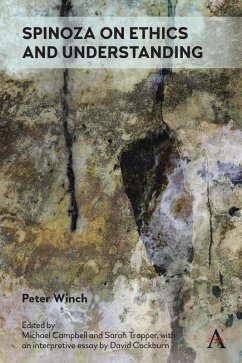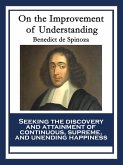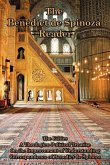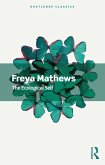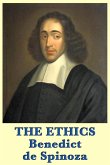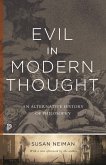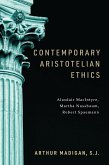Peter Guy Winch (1926 - 1997) was one of the most important philosophers of the second half of the 20th Century. He is best known for his early work on the philosophy of the social sciences, in particular his monograph On the Idea of a Social Science and its Relation to Philosophy (ISS), which generated controversy within both philosophical and social scientific circles. In that work and subsequent publications, Winch argued against the presupposition that social relations could be understood using only the conceptual tools of the natural sciences. Winch would later come to regret the reputation ISS garnered him, which was a mixture of roughly equal degrees fame and infamy. In part this regret stemmed from the (as it seemed to him) uncharitable light in which ISS was read by its many critics. In part it was because that book overshadowed all of his subsequent work. And alongside his writings on the philosophy of the social sciences, his interests ranged widely. He published a groundbreaking study of the philosophy of Simone Weil, entitled Simone Weil: The Just Balance (Winch 1989). In his critical review of that work, Rowan Williams praised Winch for "writing a book whose main purpose is to make us think with Weil, and in so doing recognise her as a philosopher." Alongside these interests, Winch also published numerous essays in many areas including ethics, political philosophy, the philosophy of religion and philosophical logic, most of which are collected together in two volumes of essays published during his lifetime, Ethics and Action (1972) and Trying to Make Sense (1987). Shortly before his death, he was turning his attention to a book manuscript on the problem of political authority.
This volume unites Peter Winch's previously unpublished work on Baruch de Spinoza. The primary source for the text is a series of seminars on Spinoza that Winch gave, first at the University of Swansea in 1982 and then at King's College London in 1989. Audio recordings of the majority of the Swansea seminars have survived. The editors have transcribed these, edited them for coherence, style and clarity, and supplemented them with material drawn from Winch's typescripts and preparatory notebooks. What emerges is an original interpretation of Spinoza's work that demonstrates his continued relevance to contemporary issues in metaphysics, epistemology and ethics, and establishes connections to other philosophers - not only Spinoza's predecessors such as Descartes, but also to the philosophical views of Ludwig Wittgenstein and Simone Weil.
There is currently a resurgence of interest in Spinoza's philosophy, and this volume will contribute to burgeoning debates within that field. Winch's account of Spinoza is uncommon insofar as it takes as central to Spinoza's project his conceptions of meaning, understanding and language, and directly connecting these to his ethical concerns. At the same time, Winch makes useful links to modern debates in ways that throw helpful light on Spinoza. As well as issues which are central to the philosophy of language, these include debates on the nature of the mind, naturalism and the place of the human being within the natural world.
This volume unites Peter Winch's previously unpublished work on Baruch de Spinoza. The primary source for the text is a series of seminars on Spinoza that Winch gave, first at the University of Swansea in 1982 and then at King's College London in 1989. Audio recordings of the majority of the Swansea seminars have survived. The editors have transcribed these, edited them for coherence, style and clarity, and supplemented them with material drawn from Winch's typescripts and preparatory notebooks. What emerges is an original interpretation of Spinoza's work that demonstrates his continued relevance to contemporary issues in metaphysics, epistemology and ethics, and establishes connections to other philosophers - not only Spinoza's predecessors such as Descartes, but also to the philosophical views of Ludwig Wittgenstein and Simone Weil.
There is currently a resurgence of interest in Spinoza's philosophy, and this volume will contribute to burgeoning debates within that field. Winch's account of Spinoza is uncommon insofar as it takes as central to Spinoza's project his conceptions of meaning, understanding and language, and directly connecting these to his ethical concerns. At the same time, Winch makes useful links to modern debates in ways that throw helpful light on Spinoza. As well as issues which are central to the philosophy of language, these include debates on the nature of the mind, naturalism and the place of the human being within the natural world.
Dieser Download kann aus rechtlichen Gründen nur mit Rechnungsadresse in A, D ausgeliefert werden.

